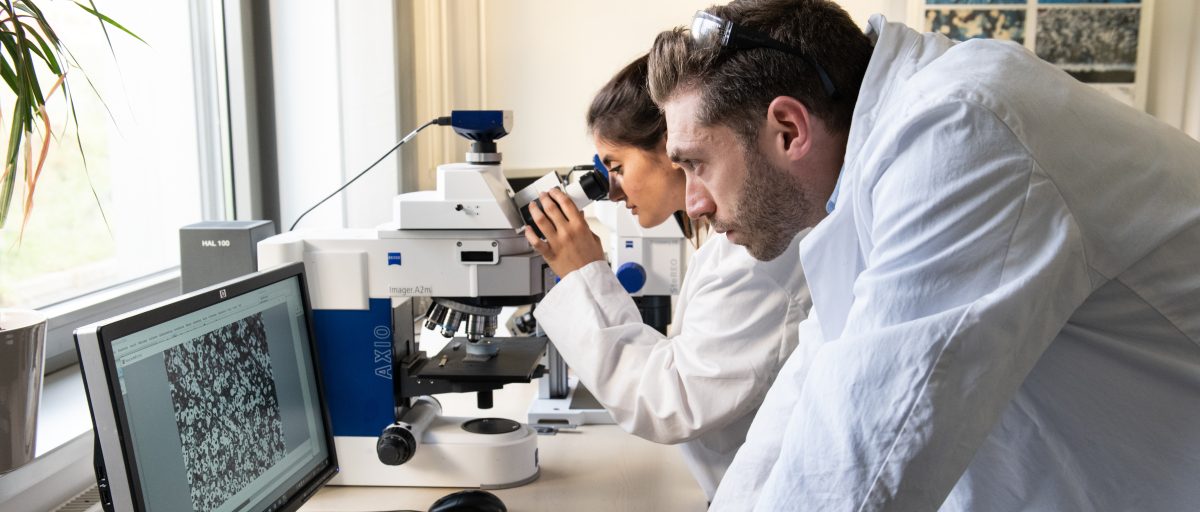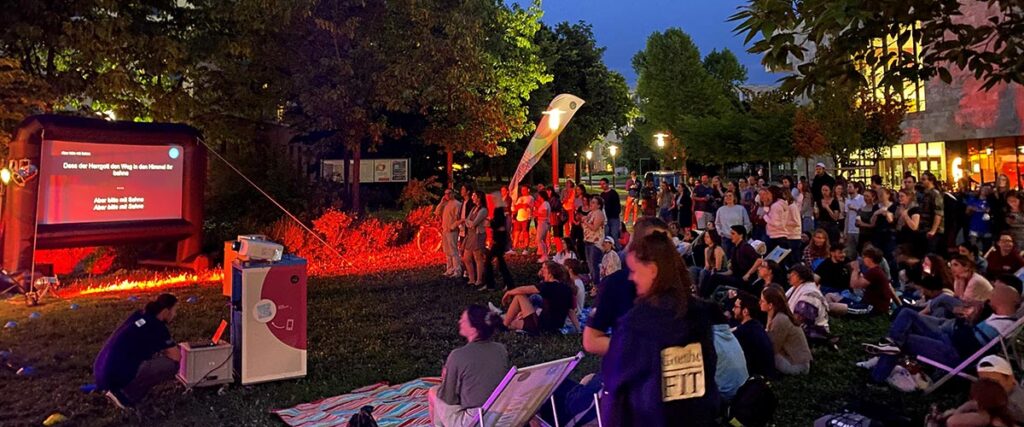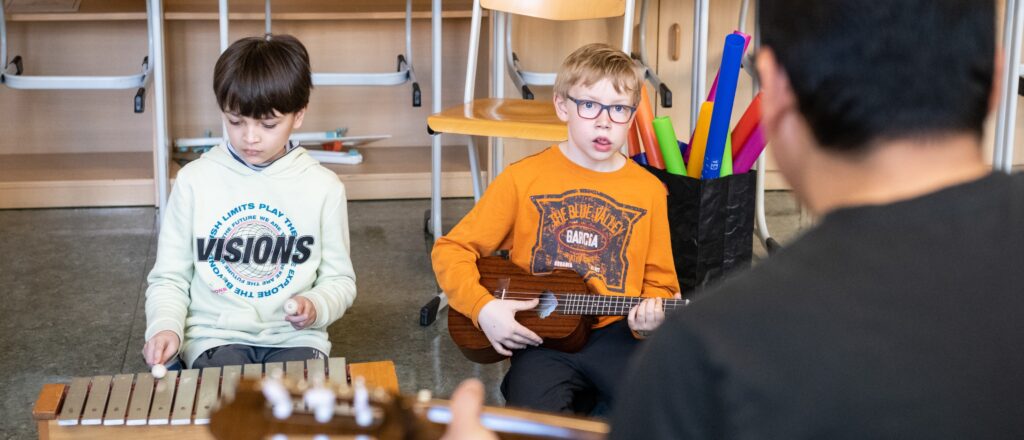At a glance
For: Students
Topics: Development of part-time study plans, flexible scheduling of laboratory practicals, additional courses, tutorials to prepare for resit exams, mathematics and natural sciences
Location: University of Kassel
Development of part-time study plans and dealing with bottlenecks
The highly structured nature of studies in the natural sciences can be particularly challenging given the individual needs of students when it comes to managing their time. The Department of Mathematics and Natural Sciences' project addresses two interconnected areas of action: firstly, the development of detailed sample study plans for more flexible, "informal" part-time study; and secondly, increasing the frequency of individual courses to facilitate more flexible study paths.
Development of part-time study plans
Long average study durations in some of the department's degree programs are often due to the students' social and/or economic circumstances, which make it difficult to fully concentrate on their studies. In consultation with students, faculty, and the department's examination boards, and in accordance with existing examination regulations, sample study plans are being developed to support students in planning a flexible course of study and to raise awareness among counseling services and faculty. Furthermore, this process aims to identify "bottlenecks"—courses whose scheduling and/or frequency of offerings hinder flexible study. The specific characteristics of the department's science programs, with their more complex planning of participant numbers and spatial or laboratory facilities, are particularly important for developing and providing sample study plans.
Making laboratory practicals more flexible through additional teaching opportunities
In the experimental subjects within the department (biology, physics, chemistry, nanostructure science), (laboratory) practical courses can hinder a more flexible study plan. Due to space limitations and/or restricted staffing, most of these courses are only offered once a year. For students who cannot successfully complete such a practical course in the designated semester, it is therefore only possible to repeat it in the following year. This also delays participation in courses for which successful completion of a practical course is a prerequisite. Consequently, the individual progress of students' studies is slowed.
One possible solution would be for a second internship group to use the (laboratory) rooms in a kind of 'shift system', or for the course to be offered in the intervening semester in addition to the annual cycle. Therefore, if this does not appear feasible with existing staff, additional personnel capacity should be financed from project funds to enable additional internship groups and an additional offering beyond the annual cycle.
In a departmental selection process, instructors, student representatives, or students can propose relevant courses, which will then be assessed to determine how many students would benefit from increased flexibility. The impact of these measures will be evaluated through surveys of the affected students and by monitoring their academic progress. Particular attention will be paid to whether there is a positive effect on study duration.
Tutorials to prepare for retake exams
If the identification of "bottlenecks" also includes modules consisting of lectures and exercises offered annually, then support measures to prepare for the asynchronous resit exam during the semester between lectures can be helpful in making the course of study more flexible. While an exam is usually offered to allow students to complete the resit as quickly as possible, preparation for the resit exam is not currently provided. The QuiS_Flex funds will enable tutorials to prepare for the corresponding resit exam.
Contact person in
Isabell Mayrhörmann , University of Kassel



